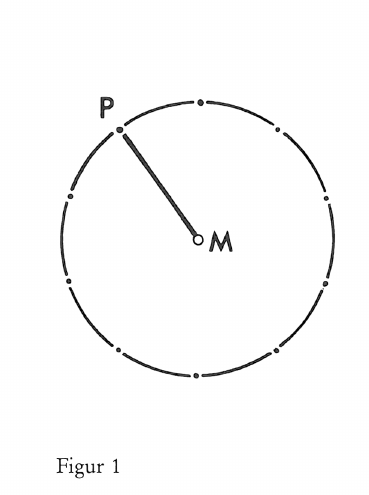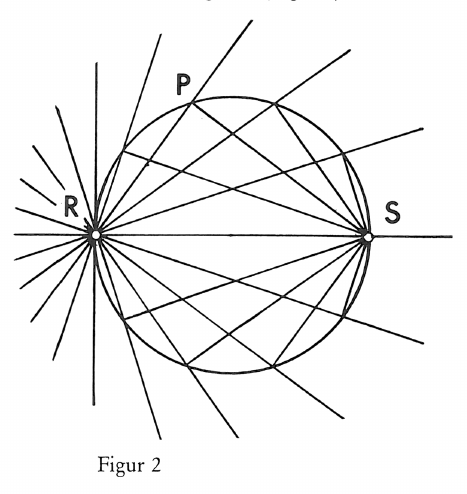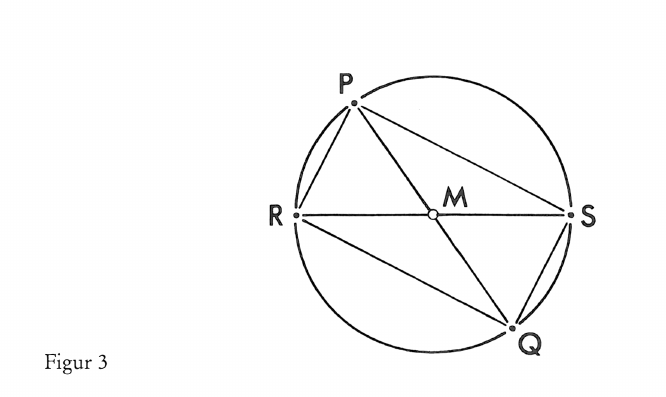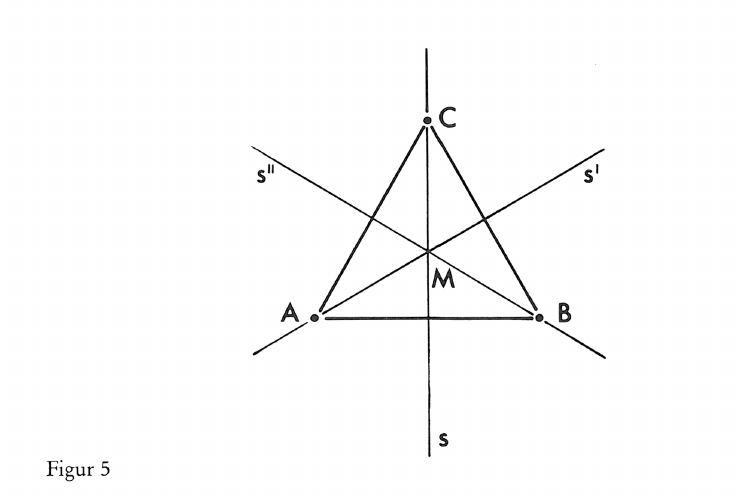Mathematik als Geisteswissenschaft
Philosophische Untersuchungen zur Bedeutung der Mathematik in Anknüpfung an Plato, Goethe und Steiner
Export Article Citation as
- Plain text
- BibTeX
- RIS format
- Download price : € 6.00
Abstract:
Mathematics is an important factor for all scientific advances and technical implementations today. In spite of this, mathematics seems to play no real role in the striving of the individual for conscious insight into his or her relationship to the sensible and/or supersensible world. In addition, recent ideas in the philosophy of mathematics, mostly materialistic in nature, do not take into account the Platonic tradition of using mathematical thinking as a guide to spiritual development. In this essay we develop the notion of mathematical intuition and show how it brings concrete insight into the thinking process in general as well as into the specific usefulness of mathematical thinking in approaching the spiritual science of anthroposophy.




